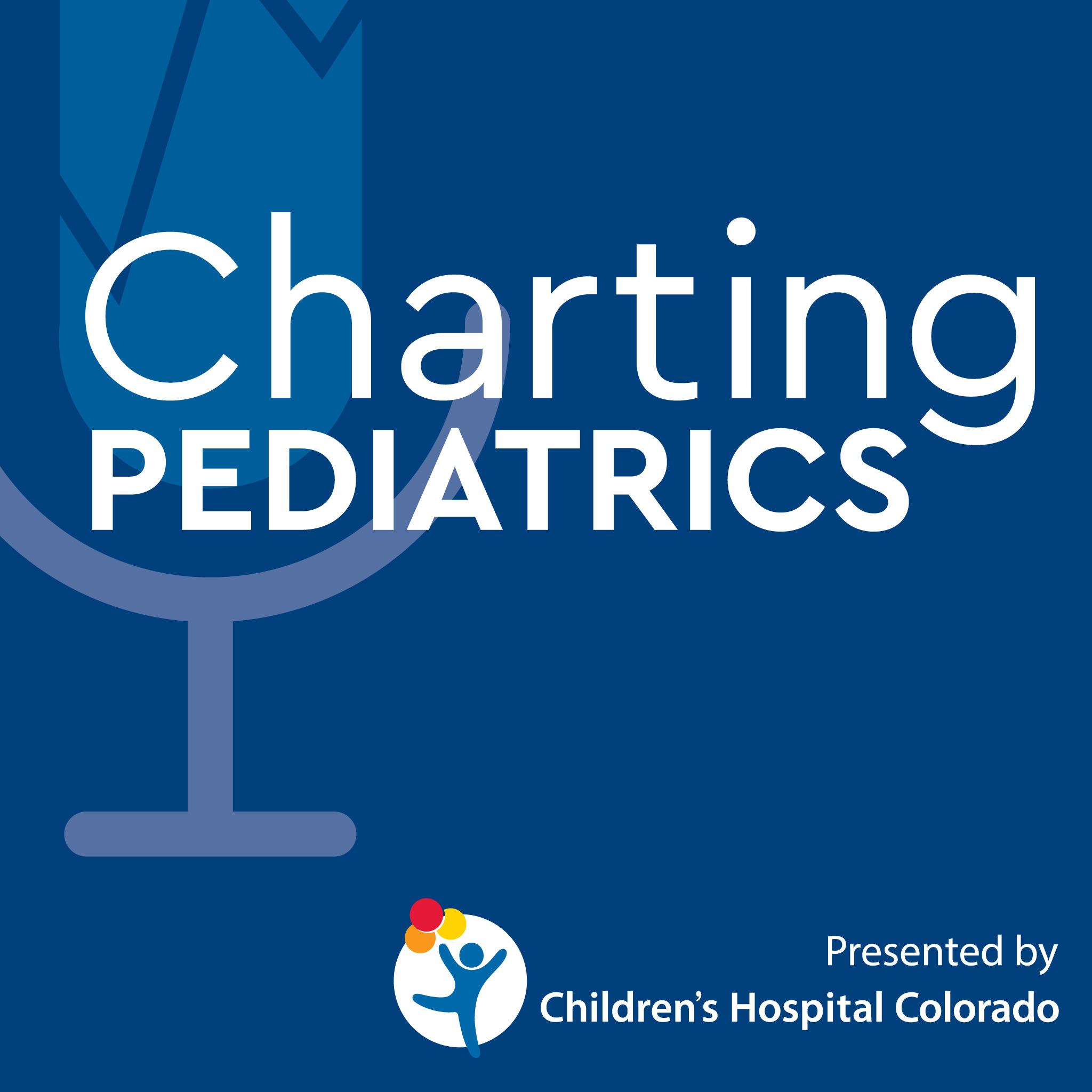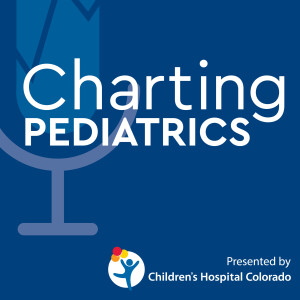
School Anxiety and School Refusal in Kids (S1:E25)
 2018-02-20
2018-02-20
Download
Right click and do "save link as"
Our guest for this episode is Jessica Malmberg, PhD, the Clinical Director of Outpatient Services at the Pediatric Mental Health Institute and assistant professor of child psychiatry at CU School of Medicine.
Dr. Malmberg talks us through a common behavioral issues of school-aged children – school refusal – and provides insights, advice and tools to help prevent, manage and understand this behavior.
In this episode:
- Outlining and identifying the underlying symptoms and signs associated with a child refusing to attend school
- How primary care providers (PCPs) can assist parents who are experiencing guilt
- Identifying the four most common reasons that children refuse to go to school
- Exploring the effects of social media on children's behavior when it comes to school refusal
- How a PCP should approach treatment of school refusal
- The recommended frequency of follow-up care for kids who are refusing to go to school
- The importance of connecting parents to community-based resources
- Preventative practices parents can set up in the home to prevent this behavioral issue
- What an excellent prognosis looks like for children experiencing school refusal
- When it's time to refer to a mental health professional
- PCPs in the Denver Metro Area can refer patients to the Children's Hospital Colorado Outpatient Psychiatry Clinic or to a local community mental health center
Resources for dealing with school refusal:
- School Refusal: Information for Educators (.pdf) from the National Association for School Psychologists
- School Refusal in Children and Adolescents from American Family Physician
- The Functional Assessment of School Refusal Behavior
- Effective Child Therapy
- Division 53 of the Society of Clinical Child & Adolescent Psychology website
- School Refusal from the American Academy of Child & Adolescent Psychiatry
More Episodes
When is a Bloody Nose Concerning?
 2024-11-05
2024-11-05
 2024-11-05
2024-11-05
Courageous Conversations Around Suicide
 2024-10-22
2024-10-22
 2024-10-22
2024-10-22
How Substance Abuse Affects Newborns
 2024-10-15
2024-10-15
 2024-10-15
2024-10-15
The Fight Against Child Trafficking
 2024-10-08
2024-10-08
 2024-10-08
2024-10-08
Combatting RSV in Real Time
 2024-10-01
2024-10-01
 2024-10-01
2024-10-01
The Connection Between Autism and GI Issues
 2024-09-24
2024-09-24
 2024-09-24
2024-09-24
The Fundamentals of Sharing Data
 2024-09-17
2024-09-17
 2024-09-17
2024-09-17
The Evolution of APPs
 2024-09-10
2024-09-10
 2024-09-10
2024-09-10
Lowering Emissions in Healthcare
 2024-09-03
2024-09-03
 2024-09-03
2024-09-03
Bringing NG Tubes Home
 2024-08-27
2024-08-27
 2024-08-27
2024-08-27
Season 8 Launching August 27!
 2024-08-20
2024-08-20
 2024-08-20
2024-08-20
Helpful Headache Insight
 2024-08-13
2024-08-13
 2024-08-13
2024-08-13
The Progression of Pediatric Surgery
 2024-08-06
2024-08-06
 2024-08-06
2024-08-06
Injury Risk for Young Runners
 2024-07-23
2024-07-23
 2024-07-23
2024-07-23
Long COVID Pediatric Prevalence
 2024-07-16
2024-07-16
 2024-07-16
2024-07-16
Insight into Inflammatory Bowel Disease
 2024-07-09
2024-07-09
 2024-07-09
2024-07-09
Breaking Down Bioethics Curriculum
 2024-07-02
2024-07-02
 2024-07-02
2024-07-02
Gauging New Guidance for Sepsis
 2024-06-25
2024-06-25
 2024-06-25
2024-06-25
012345678910111213141516171819
Create your
podcast in
minutes
- Full-featured podcast site
- Unlimited storage and bandwidth
- Comprehensive podcast stats
- Distribute to Apple Podcasts, Spotify, and more
- Make money with your podcast
It is Free
- Privacy Policy
- Cookie Policy
- Terms of Use
- Consent Preferences
- Copyright © 2015-2024 Podbean.com





